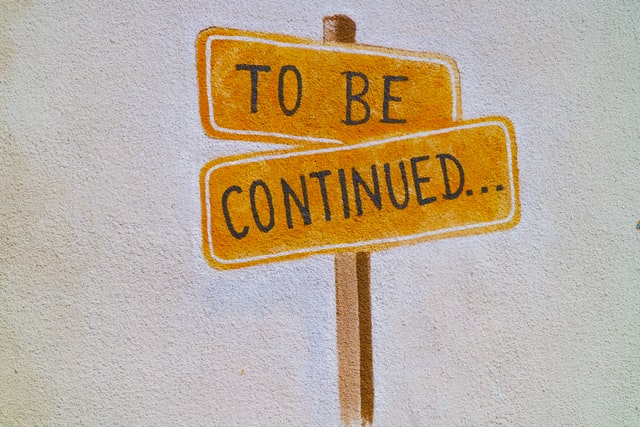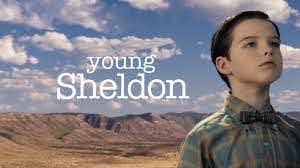“We find stories and patterns even in sparse data.”
—Author Unknown
How do you navigate the complexities of your world?
How bombarded do your feel with so much information constantly coming your way from all directions?
To insulate and protect ourselves, most of us have set up systems that filter and separate the relevant from the irrelevant. One way we do this is to look for patterns and make up stories that fit with past experiences that are stored within.
When our minds fill in the gaps — regardless of whether they are accurate or not — we can more easily take our next step, and the next.
EXERCISE:
Where in your world do you invent stories and find patterns to deal with information overload? How does this strategy serve you and where does it trip you up?












